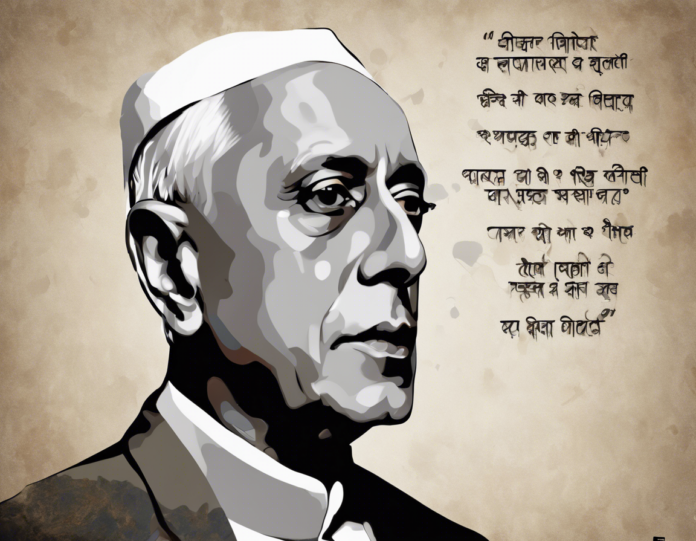Introduction
Jawaharlal Nehru, the first Prime Minister of India, was not only a great leader but also a visionary who had a deep love and respect for animals. He believed in the harmony between humans and animals and the need to protect and care for all living beings. Nehru’s views on people and their patron animals shed light on his philosophy of compassion, coexistence, and environmental stewardship.
Nehru’s Beliefs on Animals
Nehru was a staunch advocate for animal welfare and rights. He believed that animals are sentient beings capable of feeling pain and emotions, and thus, deserved to be treated with kindness and respect. He often spoke out against animal cruelty and supported various initiatives to protect animals from harm.
The Concept of Patron Animals
In Indian culture, certain animals are considered to be auspicious and are associated with specific deities or attributes. These animals are often referred to as patron animals and hold a special place in the hearts of many people. For example, the cow is considered sacred in Hinduism and is regarded as a symbol of prosperity and abundance.
Nehru’s Connection with Patron Animals
Nehru had a deep appreciation for India’s cultural and religious traditions, including the reverence for patron animals. He understood the symbolic significance of animals in Indian society and respected the bond between people and their patron animals. Nehru often spoke about the need to protect these animals and ensure their well-being.
Nehru’s Advocacy for Animal Rights
Nehru was a vocal supporter of animal rights and believed that all living beings, regardless of their species, deserved to be treated with compassion and dignity. He opposed practices such as animal sacrifice and encouraged humane treatment of animals in all spheres of life.
Nehru’s Environmental Legacy
Nehru was also a strong proponent of environmental conservation and sustainable development. He recognized the interconnectedness of all living beings and the importance of preserving the natural world for future generations. Nehru’s vision for a modern India included safeguarding the environment and protecting the diverse flora and fauna of the country.
FAQs
1. Did Nehru have any specific patron animal that he held in high regard?
– While there is no record of a specific patron animal that Nehru favored, he was known to have a general respect for all animals and their welfare.
2. How did Nehru’s views on animals influence his policies as Prime Minister?
– Nehru’s compassion for animals and his belief in their rights likely influenced policies related to wildlife conservation, environmental protection, and animal welfare during his tenure as Prime Minister.
3. Did Nehru actively participate in any animal welfare initiatives?
– Although there is limited information on Nehru’s direct involvement in animal welfare initiatives, his public statements and advocacy for animal rights indicate his support for such causes.
4. How did Nehru’s views on patron animals align with traditional Indian beliefs?
– Nehru’s respect for patron animals was in harmony with traditional Indian beliefs that emphasize the sacredness and symbolism of certain animals in Hinduism and other religions.
5. What can we learn from Nehru’s approach to people and their patron animals in today’s context?
– Nehru’s emphasis on compassion, coexistence, and environmental stewardship serves as a timeless reminder of the importance of respecting all living beings and nurturing a harmonious relationship with nature.
Conclusion
Jawaharlal Nehru’s views on people and their patron animals reflect his deep-rooted values of compassion, respect, and environmental consciousness. By recognizing the significance of animals in Indian culture and advocating for their welfare, Nehru left behind a legacy that continues to inspire generations to uphold the bond between humans and the animal kingdom.

